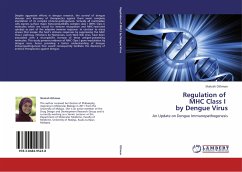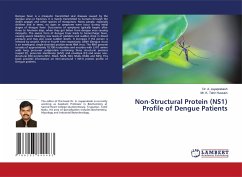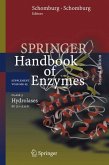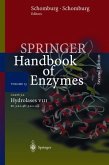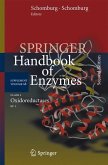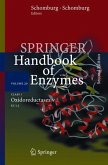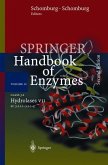Despite aggressive efforts in dengue research, the control of dengue diseases and discovery of therapeutics against them await complete elucidation of its complex immune-pathogenesis. Virtually all mammalian cells express surface major histocompatibility complex class I (MHC Class I) molecules which are crucial for immune recognition and MHC-restricted cytolysis as part of the adaptive immune response. In contrast to many viruses that escape this host s immune responses by suppressing the MHC Class I pathway, infections by Flaviviruses, such West Nile virus, have been associated with a virus-specific increase of these antigen-presenting molecules. This study presents evidence of MHC Class I gene modulation by dengue virus, hence providing a better understanding of dengue immunopathogenesis that would consequently facilitate the discovery of antiviral therapeutics against dengue.
Bitte wählen Sie Ihr Anliegen aus.
Rechnungen
Retourenschein anfordern
Bestellstatus
Storno

